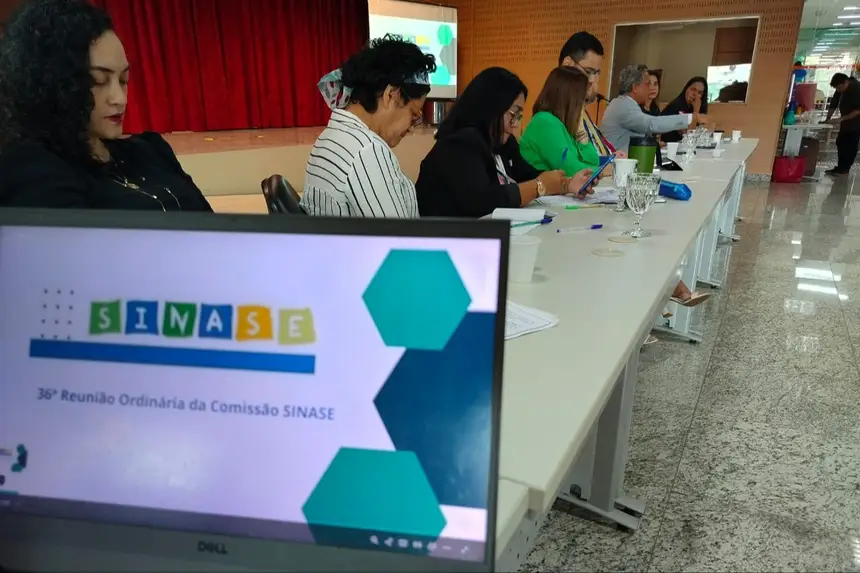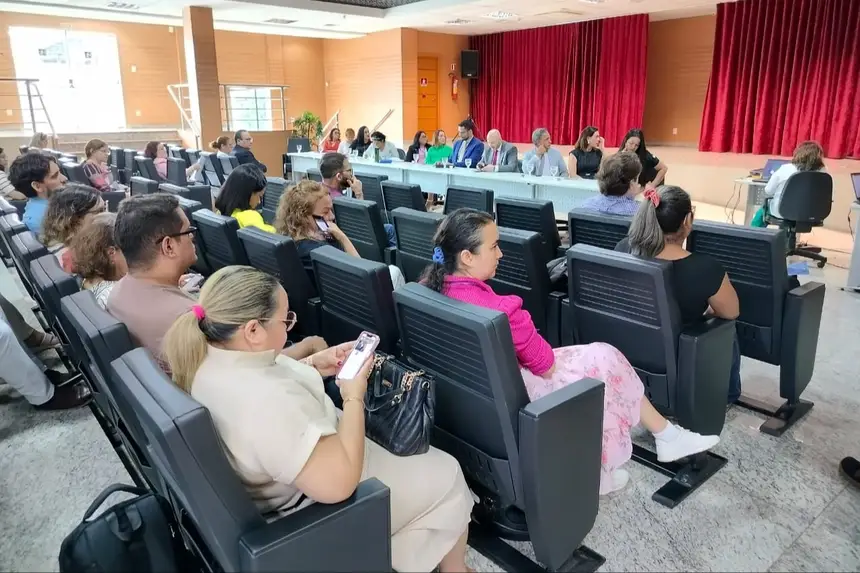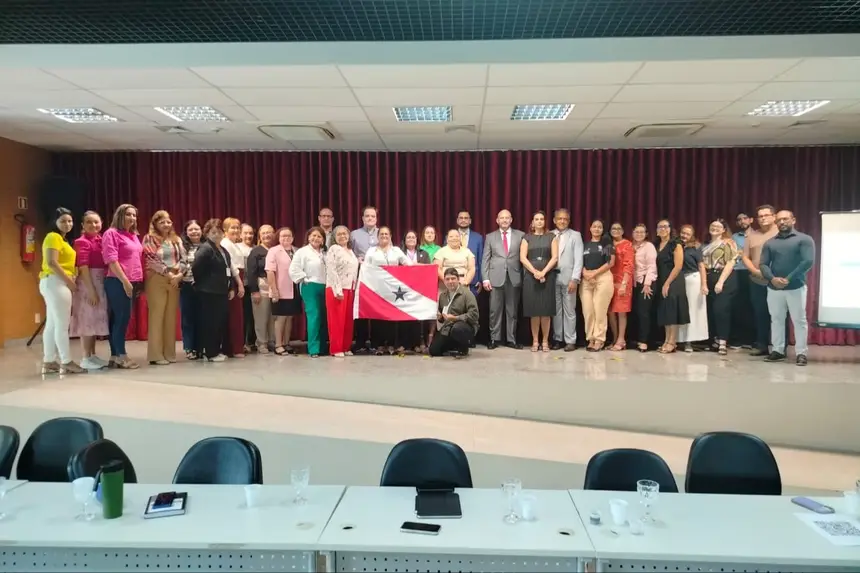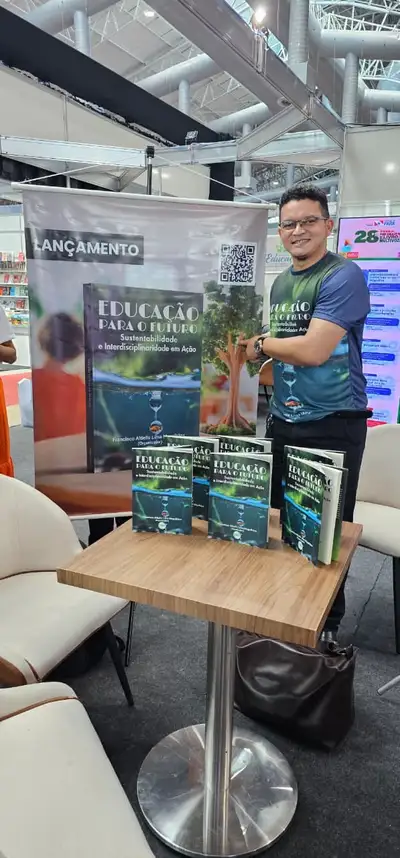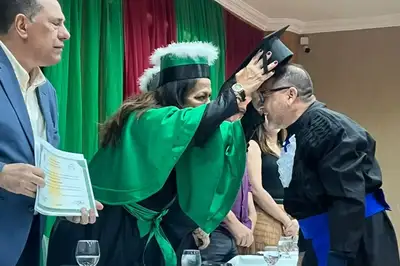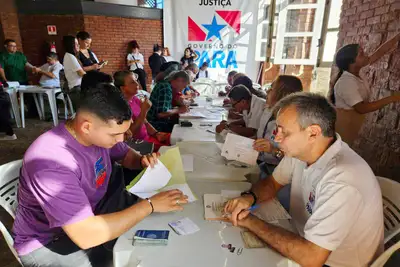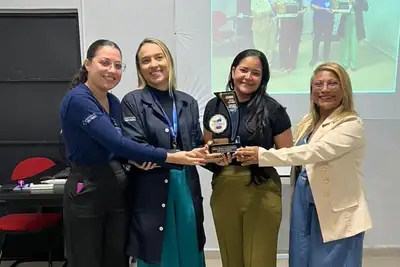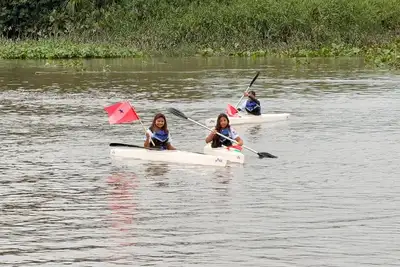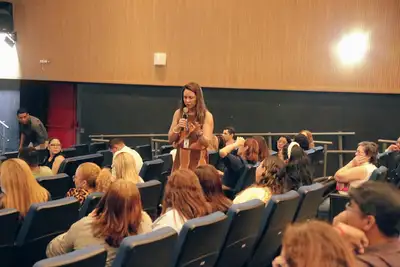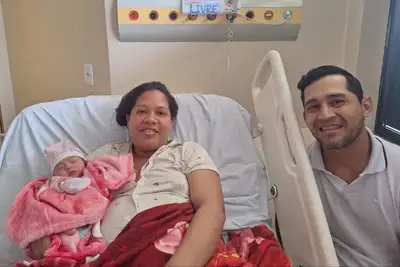Fasepa promotes the 36th Meeting of the Sinase Commission in Santarém in western Pará
The agenda highlighted the importance of professionalization as a tool for ensuring the rights of adolescents undergoing socio-educational measures
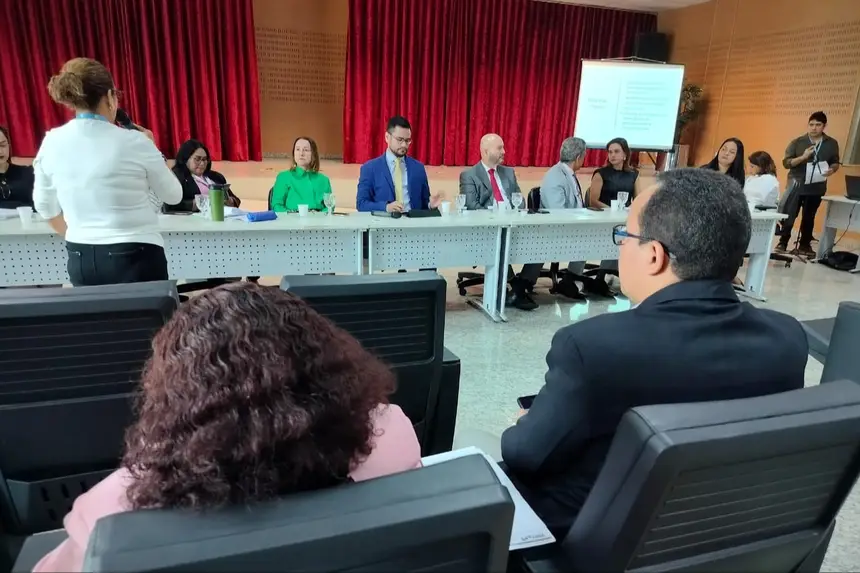
The Pará Social-Educational Assistance Foundation (Fasepa) held the 36th Meeting of the Sinase Commission on Wednesday (27) at the auditorium of the Public Prosecutor's Office in Santarém. The meeting aimed to strengthen the socio-educational policy in the municipality, with a special focus on the professionalization of socio-educational students and the Post-Socio-Educational Measure program.
The central agenda of the meeting emphasized the importance of professionalization as an essential tool to guarantee the rights of adolescents serving socio-educational measures and to prepare them for reintegration into social life.
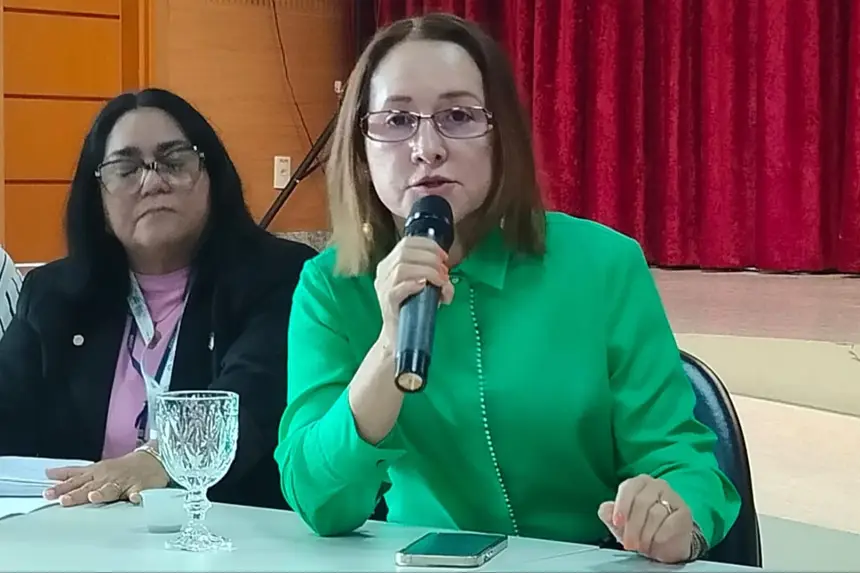
According to Public Prosecutor Maria Raimunda, head of the 15th Prosecutor's Office for Childhood and Youth in Santarém, the meeting was fundamental for bringing together different actors from the socio-educational system and fostering dialogue with municipalities in the region. "The discussion is unique because it goes beyond job offers. It is about providing a work opportunity with qualification, so that these young people, upon completing the measure, can truly be reintegrated into society. We need the engagement of the business sector to understand the importance of this professionalization offer," she emphasized.
The prosecutor also reinforced that adolescents, despite having committed infractions, have already undergone the application and fulfillment of the socio-educational measures imposed by the State. Thus, professionalization should be an essential step for them to have new opportunities and to rebuild their trajectories.
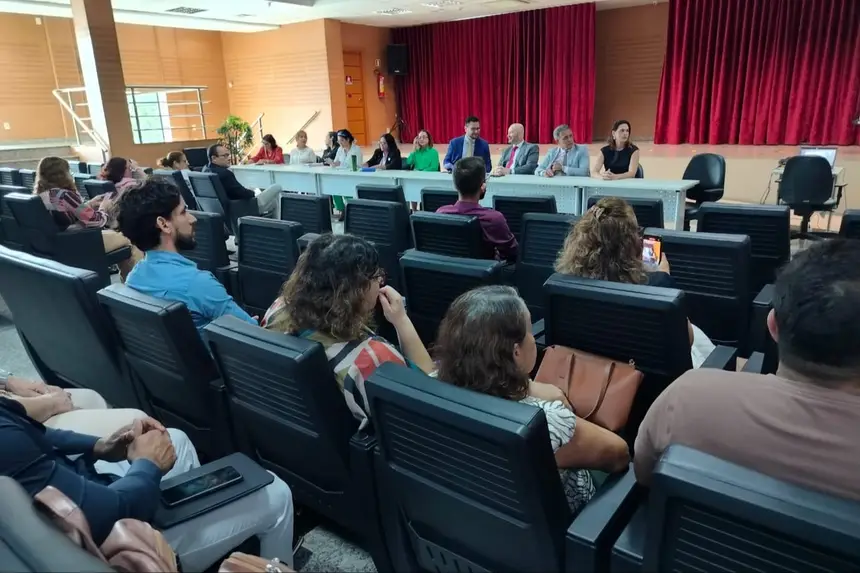
Judge Vanderley de Oliveira also highlighted the relevance of the debate. For him, each region has its specificities, which makes discussions about post-measure and professionalization even more enriching. "From here, not only will the advances already made emerge, but also the points that need to be improved, the links that still need strengthening for the systemic integration of the three sectors. This is what the Constitution determines, in addition to Sinase and the Statute of the Child and Adolescent. We need to transform these guidelines into effective practices, with concrete results that represent rescued lives and Brazilian citizens reintegrated into society," he stated.
The representative of Sectet, Marcelo Rendeiro, emphasized the commitment of the secretariat to maintain the link with socio-education. "Our goal is to renew the contract, expand the offer of courses, and achieve the established goals, ensuring real opportunities for young people," he highlighted.
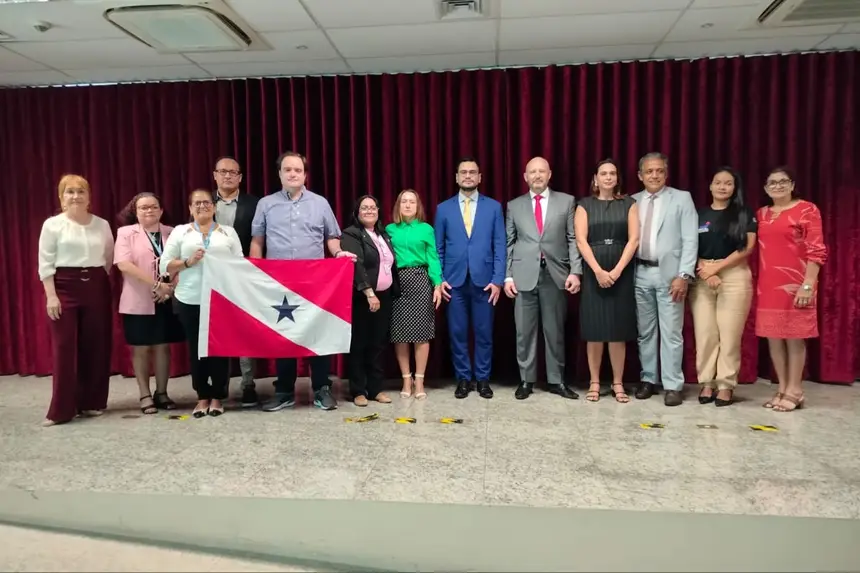
He further reinforced that, only in the last year, 377 young people from Baixo Amazonas were benefited and qualified through training actions. "This offer is possible thanks to a technical cooperation agreement, which is already in the process of renewal with Fasepa, ensuring the continuity and strengthening of this joint work," he added.
The meeting was attended by representatives from various partner institutions, including the State Court of Justice (TJE), National Justice Council (CNJ), Public Ministry (MP), Public Defender's Office (DP), Secretary of Social Assistance, Labor, Employment and Income (Seaster), State Council for the Rights of Children and Adolescents (Cedca), Secretary of Health of Pará (Sespa), Secretary of State for Public Security and Personal Defense (Segup), Secretary of State for Education (Seduc), National Collegiate of Municipal Social Assistance Managers (Coegemas), Secretary of State for Sports and Leisure (SEEL), State Coordination for Childhood and Youth (CEIJ), Secretary of State for Culture (Secult), and Secretary of State for Science, Technology, Higher, Professional and Technological Education of Pará (Sectet).
The 36th Meeting of the Sinase Commission reinforces the commitment of the State and its partners to expand public policies aimed at the inclusion and reintegration of adolescents serving socio-educational measures, strengthening the role of professionalization as a tool for social transformation.
Text by Dani Valente / Ascom Fasepa


